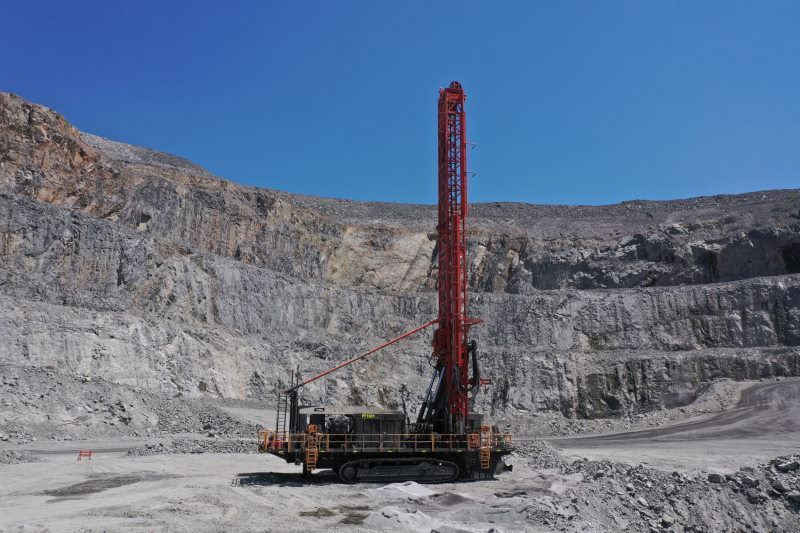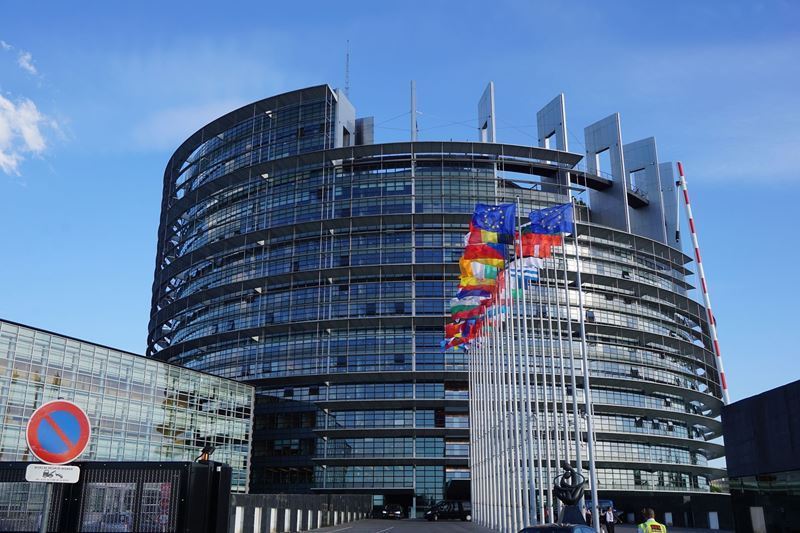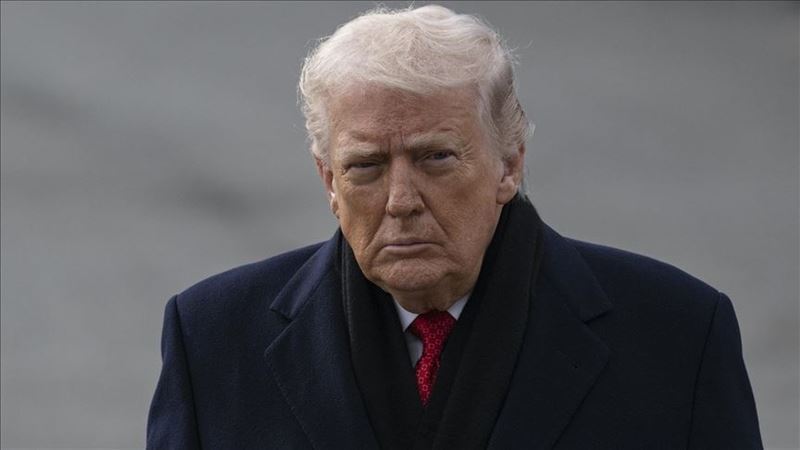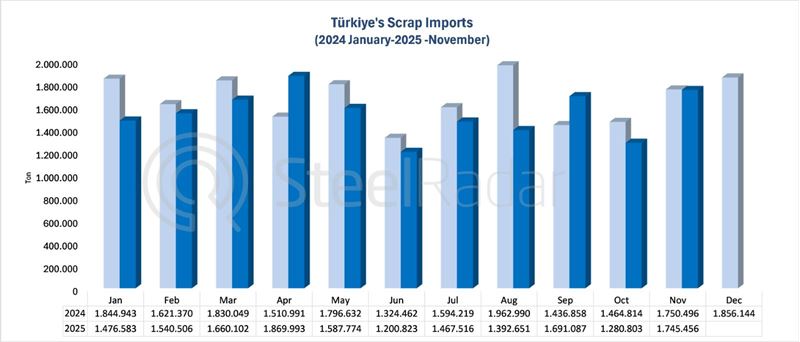Esfahan Steel was granted access to the UAE long products market in March by obtaining this certificate, which is required for the export of long products - particularly rebar. However, the main share of Iran's steel exports to the UAE are billet products, which do not require ECAS certification. Therefore, industry sources and company officials agree that the removal from the ECAS list will not have a significant impact on Iran's overall exports.
According to industry sources, the UAE does not directly accept Iranian rebar due to its own rebar standards. For this reason, Iran mostly uses the UAE as a transit country to change origin. On the other hand, exports of long products to the UAE account for only 1-2% of Iran's total steel exports. This data further reinforces the interpretation that the impact of Esfahan Steel's removal from the ECAS list will be limited.
Due to the current sanctions, Iran's exports to the UK and European markets are very limited. Following the loss of export markets, producers have turned to the domestic market; however, there are serious production problems due to power outages and exchange rate fluctuations. Officials state that exports are secondary at this stage and the priority is to overcome production problems in the domestic market.










Comments
No comment yet.